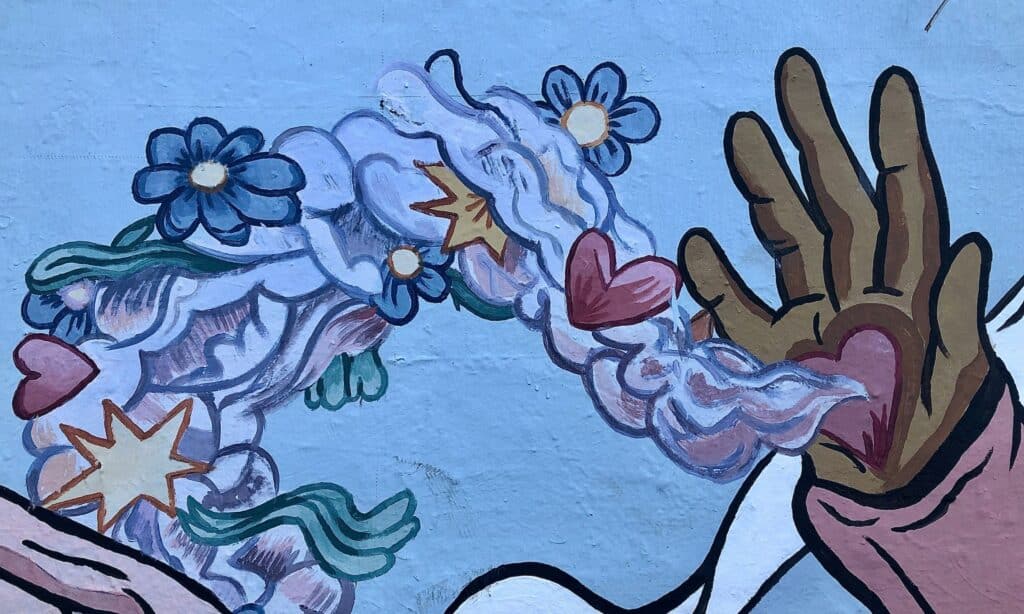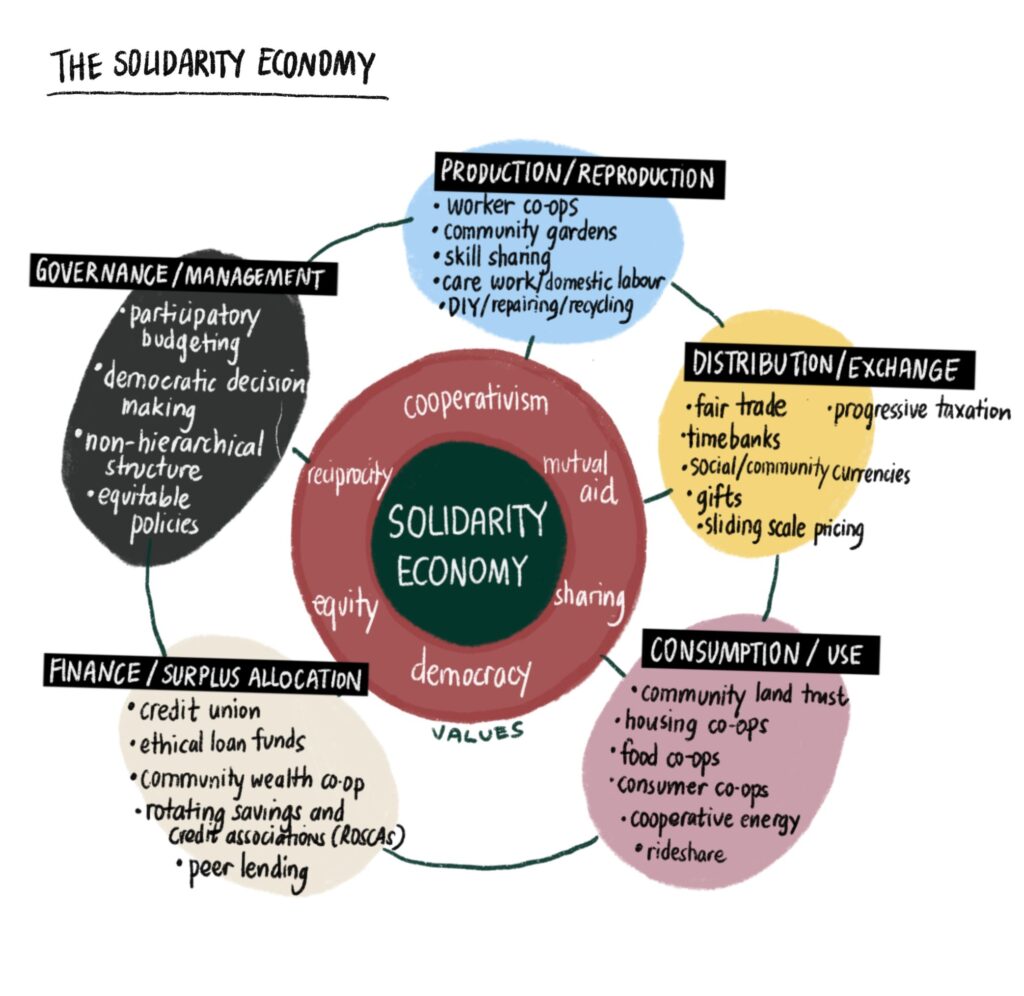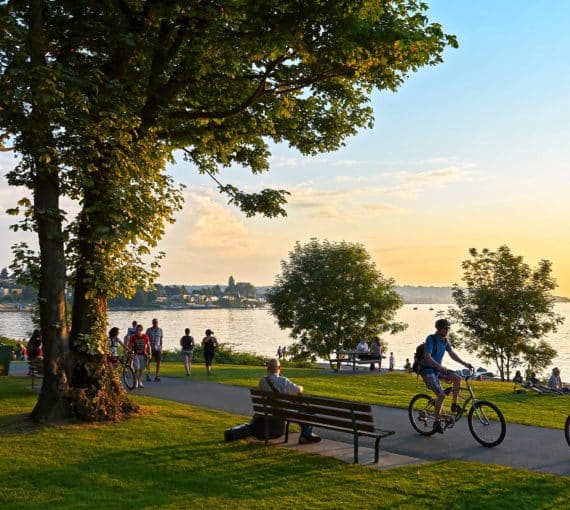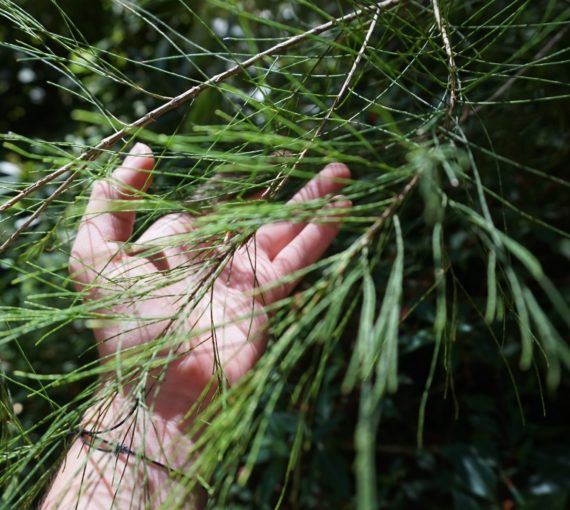
Love extends beyond individual bonds; it's a force connecting us and our environment. In a world distorted by consumerism, this Valentine's Day invites us to redefine love and tap into its power for transformative change. (Photo: Katarzyna Pypla via Unsplash)
I love you.
Yes, you, the reader who likely has no idea who I am, and yet, I love you.
You might wonder to yourself how someone can make such a bold statement without really knowing anything about the reader. Well, the answer is simple: I love you because in some way, you, and the environment we live in, are all interconnected.
In celebrating Valentine’s Day, let’s rethink love beyond its commercialized definition and explore its transformative power within ourselves and our communities. Valentine’s Day evolved from a religious feast to a major spending day, and corporations now capitalize on a materialistic interpretation of love. In our fast-paced, consumer-driven world, the true essence of love often gets overshadowed by material pursuits. The pandemic exposed this erosion of social solidarity, emphasizing the need to explore the positive role of compassionate love. Love, as described by the late writer bell hooks, is a task in all meaningful relationships, not confined to romantic bonds.
What role does it play exactly?
To start, the prevailing narrative in Western societies promotes individualism, contributing to exploitation and environmental degradation. To centre love for people involves supporting universal basic income and ensuring access to essential services. Communal love manifests in community enterprises and cooperatives, transforming work into a source of love. Loving Earth entails safeguarding ecological limits and resisting pervasive extraction, challenging the dominant narrative for sustainable practices and community wellbeing.
Loving Earth entails safeguarding ecological limits and resisting pervasive extraction, challenging the dominant narrative for sustainable practices and community wellbeing.

The Solidarity Economy model from Solid State Community Industries.
The need to love each other has never been more urgent. We live under conditions of increased precarity, what some researchers have referred to as a “polycrisis,” in which multiple crises overlap and exacerbate each other. How can we resolve this together? Indigenous Peoples have long understood the intrinsic connection between love, care and community spirit. This is particularly evident in recent instances where communities spearheaded energy-conservation projects, placing a strong emphasis on fostering energy literacy among children. The goal was to ensure that everyone felt a sense of ownership and belonging to the project.
This interconnected world view aligns closely with the principles of solidarity economies, in which cooperation and shared responsibility form the basis of community wellbeing. Within solidarity economies, work is embedded in relationships and reciprocity. Instead of valuing profit over people and the planet, Indigenous wisdom, combined with the principles of solidarity economies, invites us to build relationships based on respect for Earth and each other. This paradigm shift is a crucial step toward nurturing a more sustainable and interconnected world. In this way, love becomes a collective practice.
Instead of valuing profit over people and the planet, Indigenous wisdom, combined with the principles of solidarity economies, invites us to build relationships based on respect for Earth and each other. This paradigm shift is a crucial step toward nurturing a more sustainable and interconnected world. In this way, love becomes a collective practice.
Amid the growing loneliness epidemic, the fruits of love can be found when you begin to plant seeds of collective responsibility and care. This Valentine’s Day, let us not succumb to the superficial allure of consumerism but instead use the day as an opportunity to redefine love. By embracing the economies of love and care, drawing inspiration from Indigenous wisdom and integrating the principles of solidarity economies, we pave the way for a thriving society. Love has the power to transform not just our hearts, but also our planet.
Maham Kaleem is the wellbeing engagement specialist at the David Suzuki Foundation. Dionne Co is the research director at Solid State Community Industries.
Related Projects
Always grounded in sound evidence, the David Suzuki Foundation empowers people to take action in their communities on the environmental challenges we collectively face.




